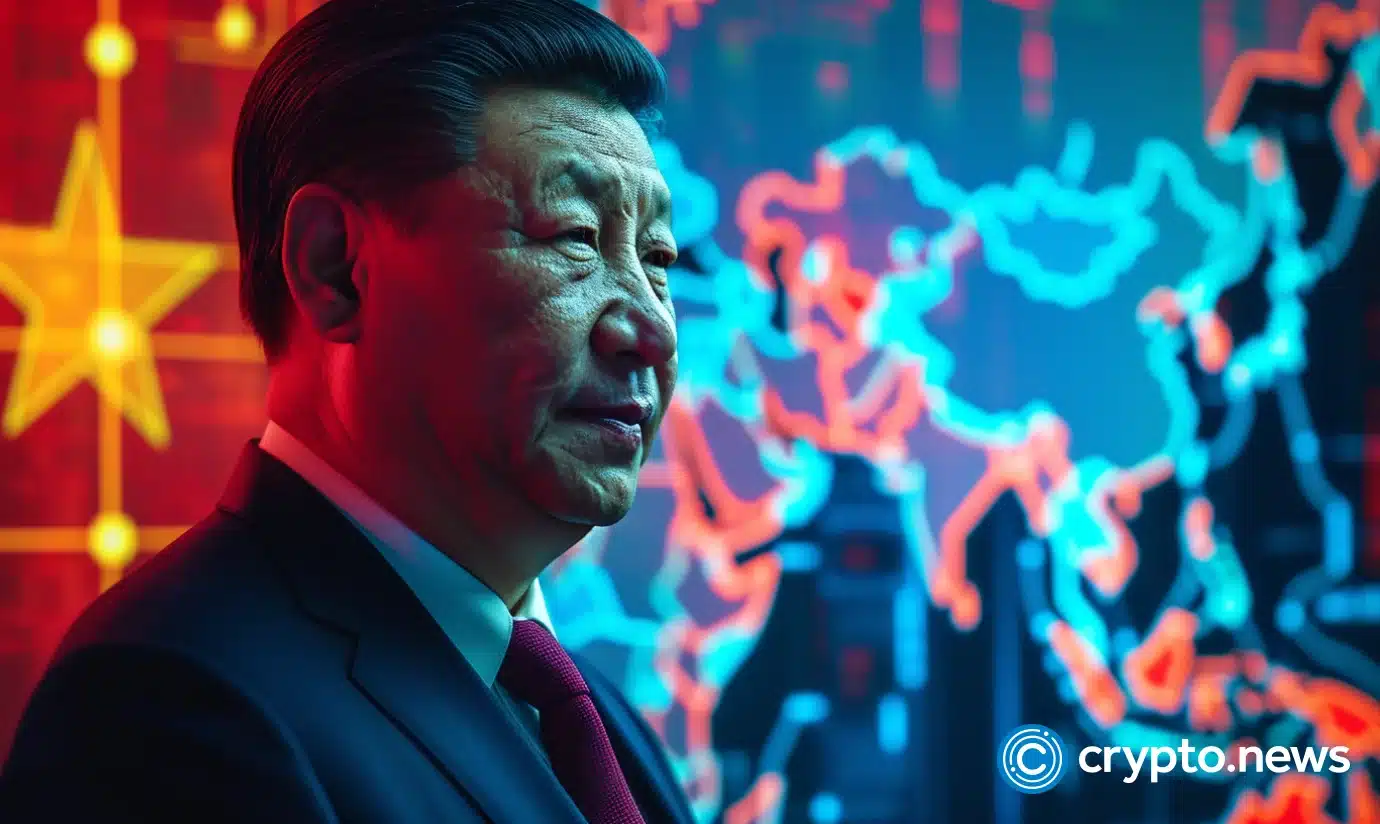India's Stance on Faith and Dalai Lama's Successor

The Indian government, through its Ministry of External Affairs (MEA), has reiterated its consistent stance of not taking any position on matters concerning practices of faith and religion. This clarification came on July 4, 2025, following statements from the Tibetan spiritual leader, the Dalai Lama, regarding the recognition of his future reincarnation. MEA spokesperson Randhir Jaiswal affirmed that the Indian government has consistently upheld and will continue to uphold freedom of religion for all its citizens.
The MEA's statement was a direct response to media inquiries concerning the Dalai Lama's remarks made ahead of his 90th birthday on July 6. The Dalai Lama had asserted that the Gaden Phodrang Trust would hold the sole authority to recognize his future reincarnation. He explicitly stated, “I hereby reiterate that the Gaden Phodrang Trust has sole authority to recognise the future reincarnation; no one else has any such authority to interfere in this matter.” This trust was established by the Dalai Lama himself in 2015 to manage affairs related to the institution of the Dalai Lama.
In stark contrast to the Dalai Lama's assertion and India's neutral stance, China has voiced a strong opinion on the matter. Chinese foreign ministry spokeswoman Mao Ning stated that the reincarnation of the Dalai Lama, along with other significant Buddhist figures like the Panchen Lama, must be chosen through a process involving drawing lots from a golden urn and subsequently approved by the Chinese central government. While Mao Ning claimed that the Chinese government implements a policy of freedom of religious belief, she emphasized that there are specific regulations on religious affairs and methods for managing the reincarnation of Tibetan living Buddhas, implying government oversight in the process.












